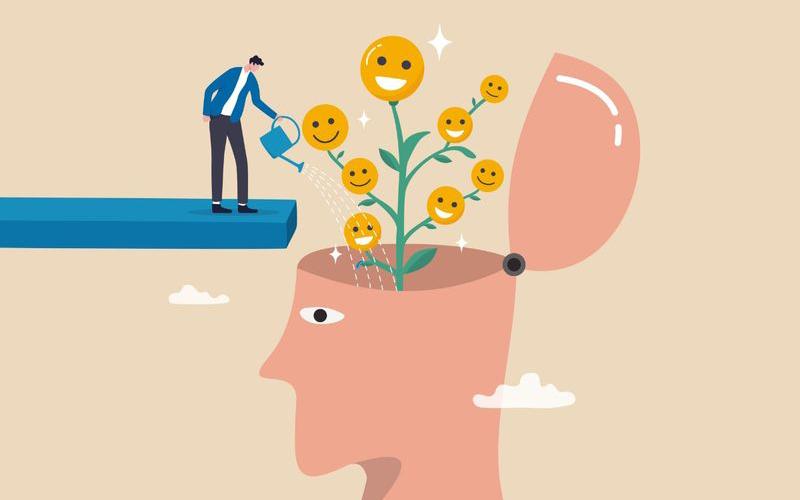Exploring the Fear of Missing Out in Modern Life
In today’s hyper-connected world, the Fear of Missing Out, commonly known as FOMO, has become a widespread phenomenon. This feeling is driven by the constant exposure to the curated lives of others through social media and the pressure to always be a part of the most exciting events, gatherings, or opportunities. FOMO is not just a fleeting emotion; for many, it can lead to significant stress, anxiety, and even depression.
But what exactly is FOMO, and why has it become such a prominent aspect of modern-day living? Let’s explore how FOMO impacts your mental health, relationships, and overall well-being, and how you can learn to manage it.
What is FOMO?
Fear of Missing Out refers to the uneasy and sometimes all-consuming feeling that others are having more rewarding experiences than you. It’s a pervasive worry that you’re not in the loop, missing out on something enjoyable, or not living life to the fullest. FOMO can manifest in different forms, from social anxiety about missing a party or gathering to feeling left out of trends or conversations that friends are having.
People experiencing FOMO often feel compelled to stay constantly connected through their phones, social media, or messaging platforms to ensure they’re up-to-date with what their friends or peers are doing. However, this continuous engagement can create its own set of challenges.
The Role of Social Media in FOMO
Social media has significantly amplified feelings of FOMO. Platforms like Instagram, Facebook, and Twitter offer a filtered glimpse into the lives of others, often presenting only the best and most exciting moments. This curated portrayal leads to an unintentional comparison, where people begin to believe that everyone else is living more exciting, fulfilling lives.
The fear of being left out, particularly on social media, can trigger a sense of inadequacy. Studies have shown that frequent social media users are more likely to experience FOMO-related anxiety because they are constantly exposed to the highlight reels of others’ lives. While it’s easy to forget that these posts are not always an accurate reflection of reality, the pressure to keep up can still create negative emotions.
How FOMO Impacts Mental Health
For those who experience high levels of FOMO, the consequences can be more than just a passing feeling. FOMO can lead to stress, anxiety, and a lowered sense of self-worth. The constant desire to be involved in every social activity or stay up-to-date with every event can leave little room for relaxation or contentment.
In some cases, individuals might feel guilty or ashamed when they miss out, fueling a cycle of dissatisfaction. They may spend more time trying to “keep up” with others instead of enjoying their own experiences, resulting in less overall happiness.
Managing FOMO: Tips for Mental Balance
If you frequently experience FOMO, there are practical strategies to help manage it. First, focus on what’s meaningful to you. Instead of feeling pressured to do everything, concentrate on activities that genuinely bring you joy. Practicing mindfulness and being present in the moment can also reduce feelings of anxiety.
Limiting time on social media can make a huge difference, too. Taking breaks from constantly scrolling through others' updates allows you to live more freely without comparison. Building confidence in your own choices and enjoying the company of close friends can foster a greater sense of fulfillment.
Learning to embrace the idea that it’s impossible to participate in everything is key to overcoming FOMO. Life is about creating meaningful memories rather than trying to capture every possible experience.



